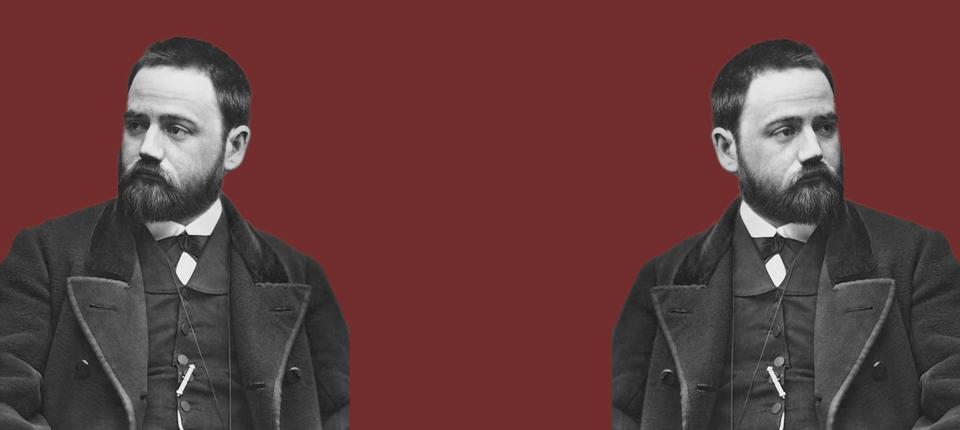The Best of the Literary Internet, Every Day

TODAY: In 1840, Émile Zola is born.
- “When we keep our heads down and stay the course, the fascists continue to lie, extort like the mobsters they are, and humiliate and attack whoever they add to their list of enemies.” Stockton University academics speak out against fascism. | Lit Hub
- Natalie Lawrence explores our enduring obsession with monsters and what the myth of the Minotaur unearths about human nature. | Lit Hub History
- Ed Simon argues why in an era of national decline, the Great American Novel is still an idea worth pursuing. | Lit Hub Criticism
- “One writes what one has to write. One goes there. Then one takes the beating, in whatever form it takes.” How Norman Mailer taught Anthony Giardina to defend his own plots. | Lit Hub Craft
- What the infinite possibilities and gross misuses of genetic research reveal about the humans behind it. | Lit Hub Science
- “at a park, river, skyscrapers / beyond; he does not want to be / locked.” Read “Architect’s Watercolor,” a poem by Arthur Sze from the collection Into the Hush. | Lit Hub Poetry
- Alex Hutchinson on how calculated risk-taking can lead to scientific innovation: “We search for new ideas in much the same way as we wander through the streets of an unfamiliar city…” | Lit Hub Science
- “The job was quickly organised by my father so I could repay the money I had borrowed for my travels and debaucheries.” Read from Maggie Armstrong’s story collection, Old Romantics. | Lit Hub Fiction
- Are we taking A.I. seriously enough? Joshua Rothman considers the hype and anti-hype. | The New Yorker
- Emma Cieslik considers the role of zine archives in preserving trans history. | Atlas Obscura
- Ira Wells and David Moscrop discuss the ideological commonalities among attempts to ban books. | Jacobin
- H.M.A. Leow explores imperialism in the works of Joseph Conrad: “Conrad’s prose shows that there’s no escaping exposure to contaminating elements.” | JSTOR Daily
- Peter Brooks examines “the long story of friction, as well as of real affection” between William and Henry James. | The Paris Review
- “…every time I pick up one of her books, I find that I need to rise to the occasion of becoming a better reader to understand her.” Sarah McEachern considers Clarice Lispector’s Covert Joy: Selected Stories. | Los Angeles Review of Books
Article continues after advertisement
